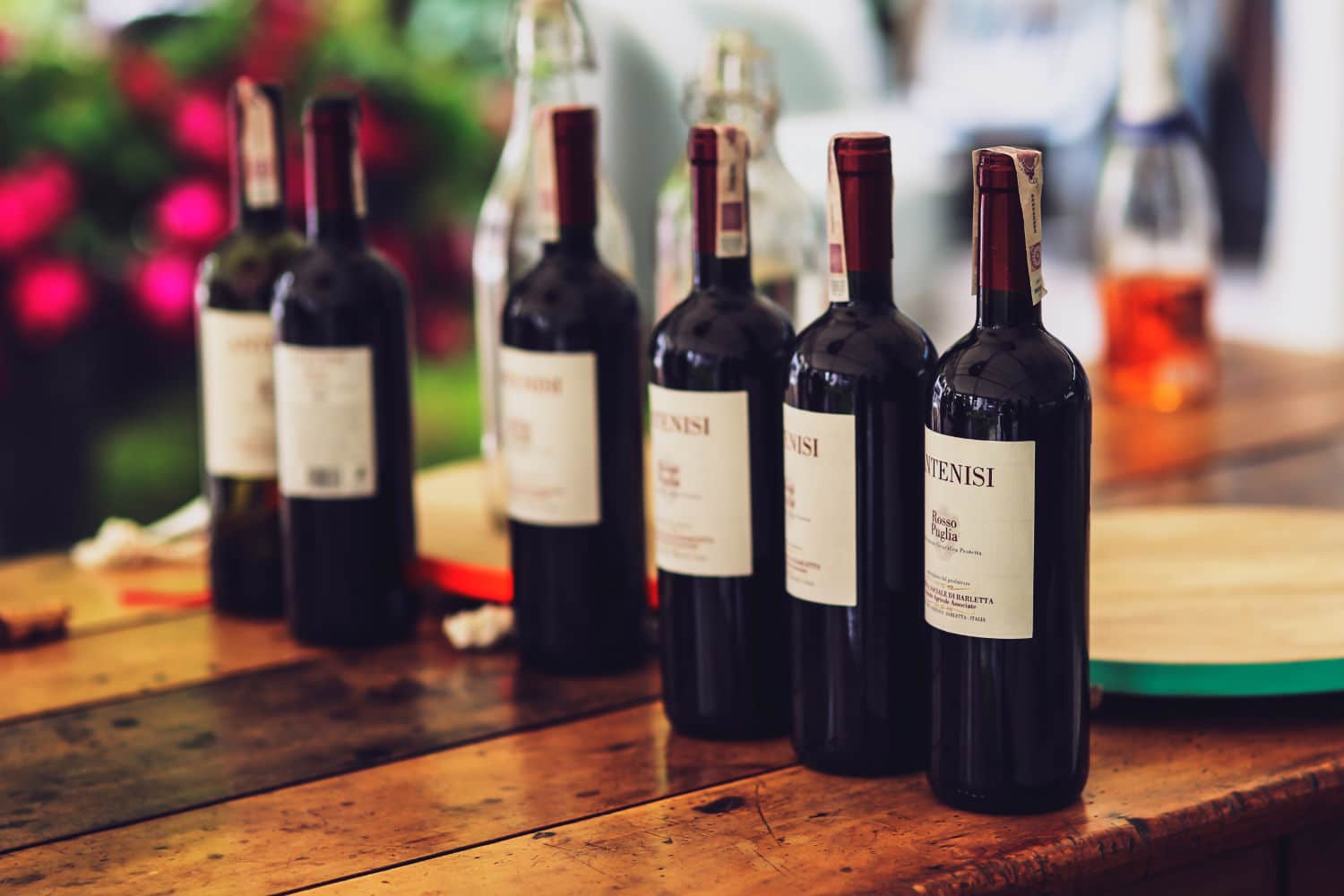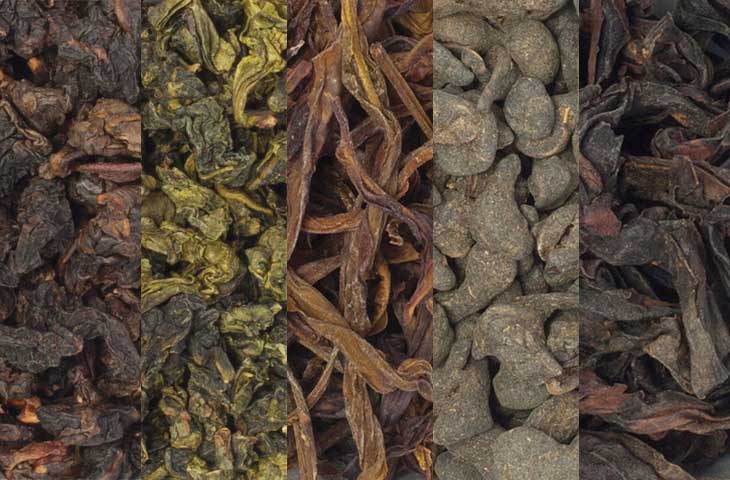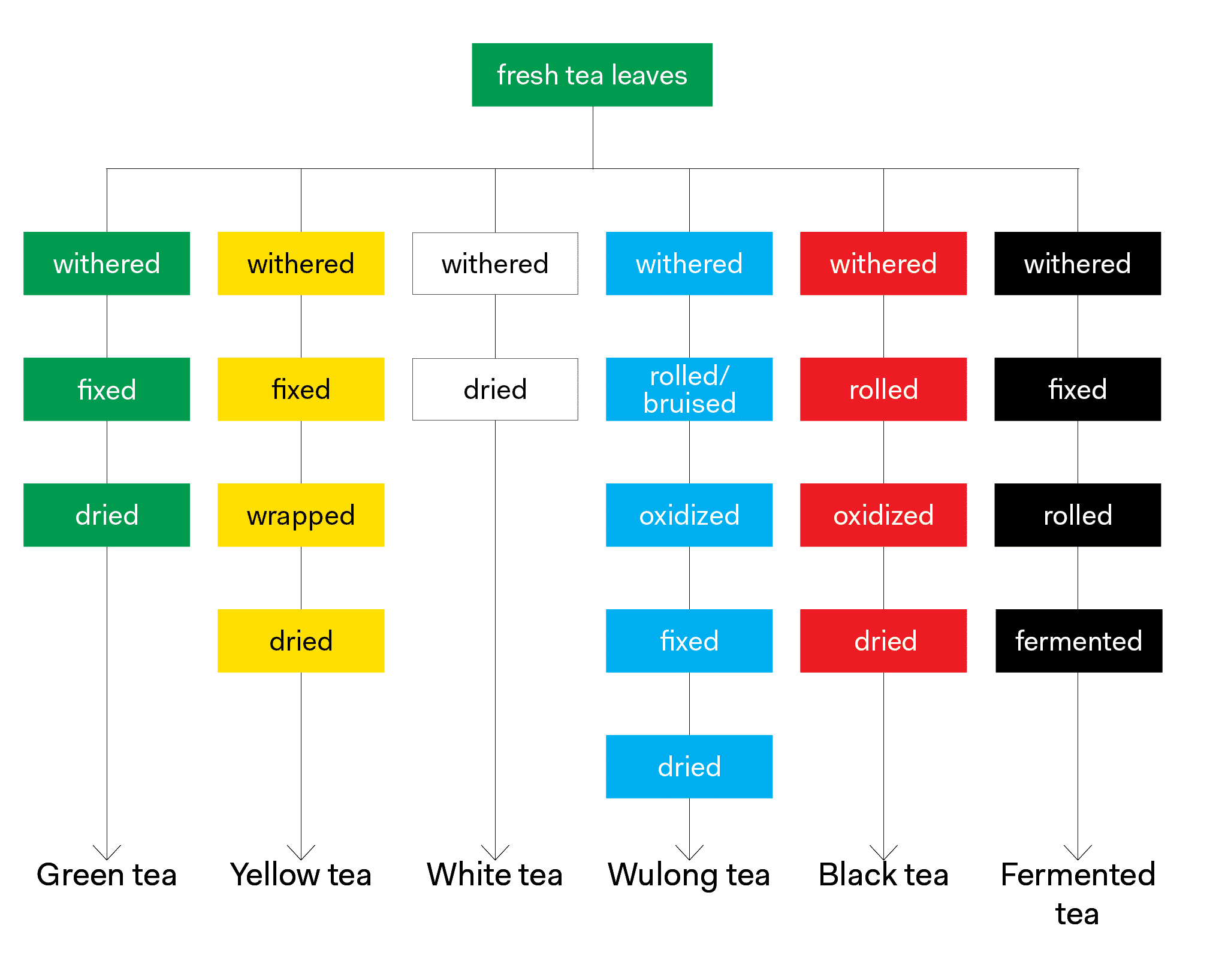Muscatel is an elusive taste found in some Darjeeling teas, most likely second flush teas. It is very hard to describe the taste in words, but it is easy to recognize the taste once you are familiar with it. James Norwood Pratt goes as far as saying that in tea, muscatel “denotes a unique muscat-like fruitiness in aroma and flavour.” Rajiv Lochan, owner of several tea gardens in India and CEO of Lochan Tea Ltd remarked that muscatel is “very difficult to describe but it is something extraordinary and rare.”
I asked my tea friends how they would describe this elusive taste and these are the responses I received:
@JRscherer: dried raisins with a hay like finish
@anielozh: sweet cantaloupe with some honey drops
@onetarot: a hint of plum pulp and tobacco
@SbonnerABV: a light fragrant note of fresh grapes with a hint of lychee
@michaeljcoffey: a mix of aromatic woodsy and sour elements, with a complex after-aroma
@WorldofTea: a spicy deep fruit taste, almost grilled-peach in nature
Bo from Facebook: wine, wet fallen leaves & the smell of cedar bark
Sonam Lama: The Dry leaves of a true Darjeeling muscatel fills the air with aromas of burnt sugars or sweet caramel.When steeped it imbibes a strong dry rosy perfume like aroma and finally while slurping it attacks the palate with a toasted buttery note with a sweet honey like finish that lingers on and on.Muscatels have strength in colour,body and taste.)
Maybe muscatel is something that should be silently enjoyed and perhaps we shouldn’t even try to describe it, but I think it was a fun exercise.
How would you describe the muscatel taste?




